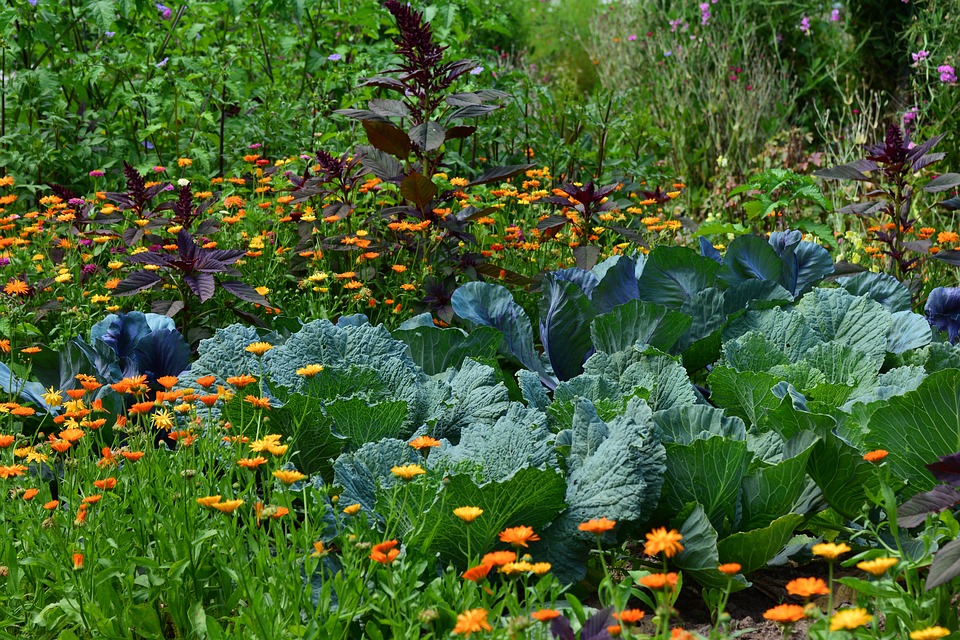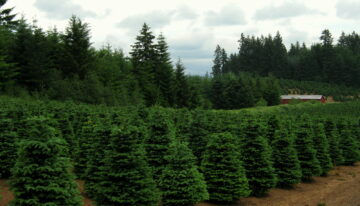How To Prepare Your Garden For Planting
Many of us think that all we have to do to begin a successful garden is dig a hole, drop a flower or burlapped tree in it, and ‘Presto Change-O’– it just grows! It is actually essential that you know how to prepare your garden for planting. We tend to take for granted that our soil is healthy and nutrient rich
Nutrients
Unfortunately, this may not be true. You really need to know if your soil is missing the vital nutrients to nourish your new plants. The most important first step in ensuring a healthy garden is to do a soil test. Results of a soil test will reveal its pH, phosphorus, lime, potassium, soluble salts, soil texture, and more.
Buy a soil testing kit at a good gardening store. You can actually alter the nutrients and pH to produce the richest, most fertile soil possible. This is the first step in you learning how to prepare your garden for planting. However, note that a a general soil test will not reveal insects, diseases, or chemical residues.
Texture and Drainage
Testing the texture of the soil and the drainage will also help to determine how well your soil absorbs and drains water.
Soil improvement methods can include organic or inorganic fertilizers and composting.
Rototilling and hand digging are excellent ways to prepare your garden for planting. Raised beds are an effective way to deal with poor soil conditions.
Mulching will assist in retaining moisture in your soil as well as help to avoid weeds. Biodegradable mulches, such as compost, grass clippings, leaves or straw, are best because they decompose into soil building organic matter.
In vegetable gardens or fruit tree orchards:
· Sawdust and wood chips work well as continual mulches.
· Ground up bark from a variety of trees will improve your soils structure.
· Decomposed leaves will add nutrients as well as structure to soil.
· Manure is a good conditioner for soil if it is aged and composted.
· Peat moss will help condition the soil while it helps the soil to retain water.
· Lime will raise the pH of acidy soil and will help loosen clay in your soil.
· Chemical/synthetic fertilizer can actually damage roots when used to excess. Organic fertilizers cannot be overdone.
There is nothing quite so beautiful as a lush, well cared for garden. Make sure to take that little bit of extra time and effort to test your soil to prepare your garden for planting. It will certainly save you a great deal of money, time and disappointment if you do. The reward you will get—money can’t buy.




